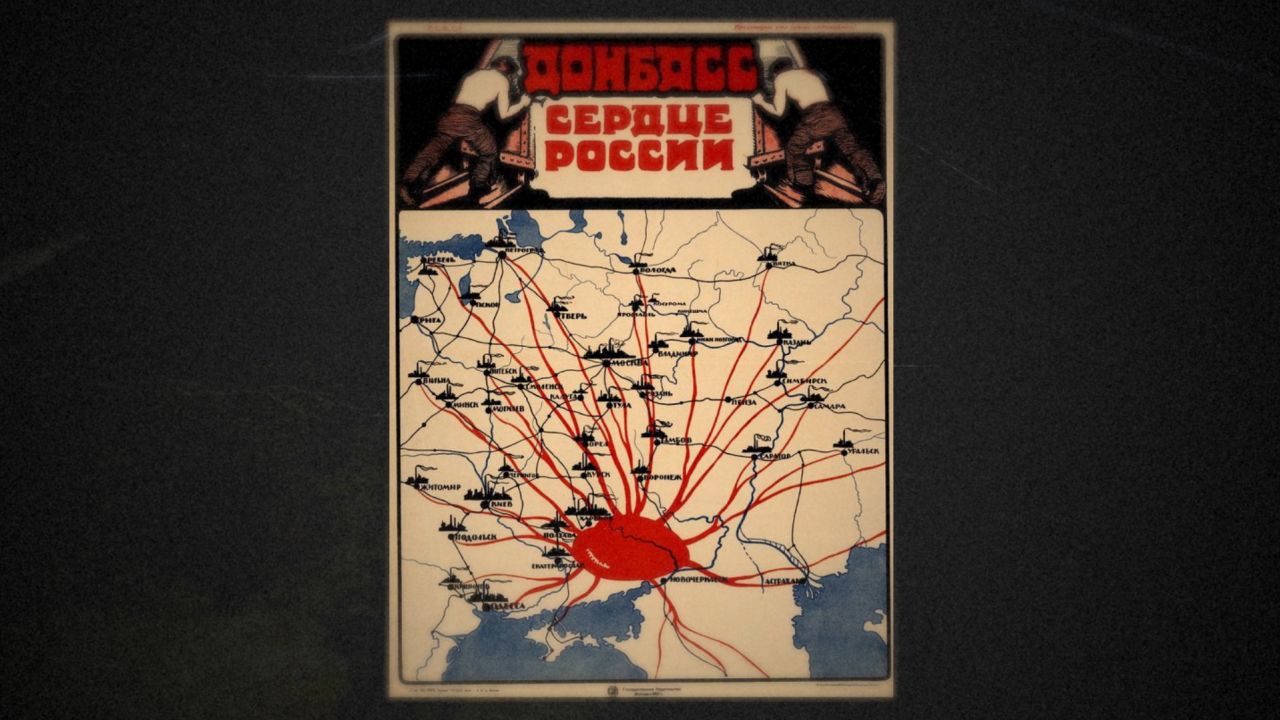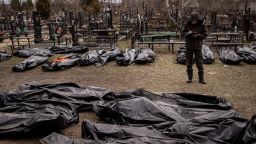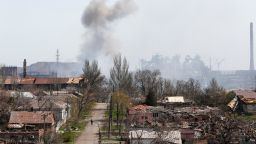The United States on Wednesday unveiled its latest round of sanctions going after Russia over its war on Ukraine, this time targeting a key commercial bank and “a global network of more than 40 individuals and entities led by US-designated Russian oligarch Konstantin Malofeyev.”
In a news release, the US Treasury Department said it was also targeting “companies operating in Russia’s virtual currency mining industry, reportedly the third largest in the world,” noting it was the first time it has “designated a virtual currency mining company.”
In addition, the State Department is imposing a slew of visa restrictions in response to the Russian war and for “undermining democracy in Belarus.”
Wednesday’s actions are the latest by the Biden administration meant to punish the Kremlin and its enablers for invading Ukraine at the end of February. The war has taken the lives of hundreds of service members and civilians, and US and European officials say it could last months. Experts who spoke with CNN have said that sanctions are unlikely to immediately deter Russian President Vladimir Putin against pursuing aggression in Ukraine.
Wednesday’s sanctions: The US previously sanctioned Malofeyev in December 2014 for funding “separatist activities in eastern Ukraine” and for his close links to “Aleksandr Borodai, Igor Girkin (a.k.a. Igot Strelkov), and the so-called Donetsk People’s Republic, which have all been previously sanctioned as Specially Designated Nationals (SDNs),” according to a Treasury release from the time.
Earlier this month, the US Department of Justice unveiled its first criminal charges since Russia’s war in Ukraine began against Malofeyev, indicting him for sanctions evasion attempts.
Malofeyev was again sanctioned by the US on Wednesday “for having acted or purported to act for or on behalf of, directly or indirectly,” the government of Russia.
The Treasury Department also sanctioned members of Malofeyev’s “vast global network of cut-outs and proxies to attempt to evade sanctions and conduct malign influence activities,” including those involved in pro-Kremlin propaganda. Those sanctioned include entities in Russia, Moldova, Singapore, and a number of Russian individuals, including Malofeyev’s son.
The Treasury Department also went after “Public Joint Stock Company Transkapitalbank (TKB)” for being “at the heart of sanctions evasion” and its subsidiary, as well as companies in Russia’s virtual currency mining industry.
“The United States is committed to ensuring that no asset, no matter how complex, becomes a mechanism for the Putin regime to offset the impact of sanctions,” the release issued Wednesday said.
In a separate statement Wednesday, US Secretary of State Antony Blinken said the State Department is imposing visa restrictions on 635 Russian individuals, including members of the Russian Duma and “ten purported ‘authorities’ of the so-called Donetsk People’s Republic and Luhansk People’s Republic.”
It is also imposing visa restrictions on Russian officials Khusein Merlovich Khutaev, Nurid Denilbekovich Salamov, and Dzhabrail Alkhazurovich Akhmatov, “for their involvement in a gross violation of human rights perpetrated against human rights defender Oyub Titiev.”
Additionally, the State Department is targeting “17 individuals responsible for undermining democracy in Belarus” with visa restrictions, Blinken said.
“We will use every tool to promote accountability for human rights abuses and violations of international humanitarian law in Ukraine,” Blinken said.
Rachel Rizzo, a senior fellow at the Atlantic Council’s Europe Center, said Wednesday said these sanctions “are really meaningful,” noting the US keeps “adding different Russian oligarchs, different Russian banks that perhaps weren’t in the first few rounds of sanctions.”
“They’ll continue to cripple the Russian economy even though Putin continues to paint a rosy picture of what the Russian economy looks like,” she said. “There’s no doubt that it should see a major contraction in the next year.”
Read more about the latest round of sanctions.



















































